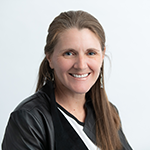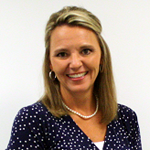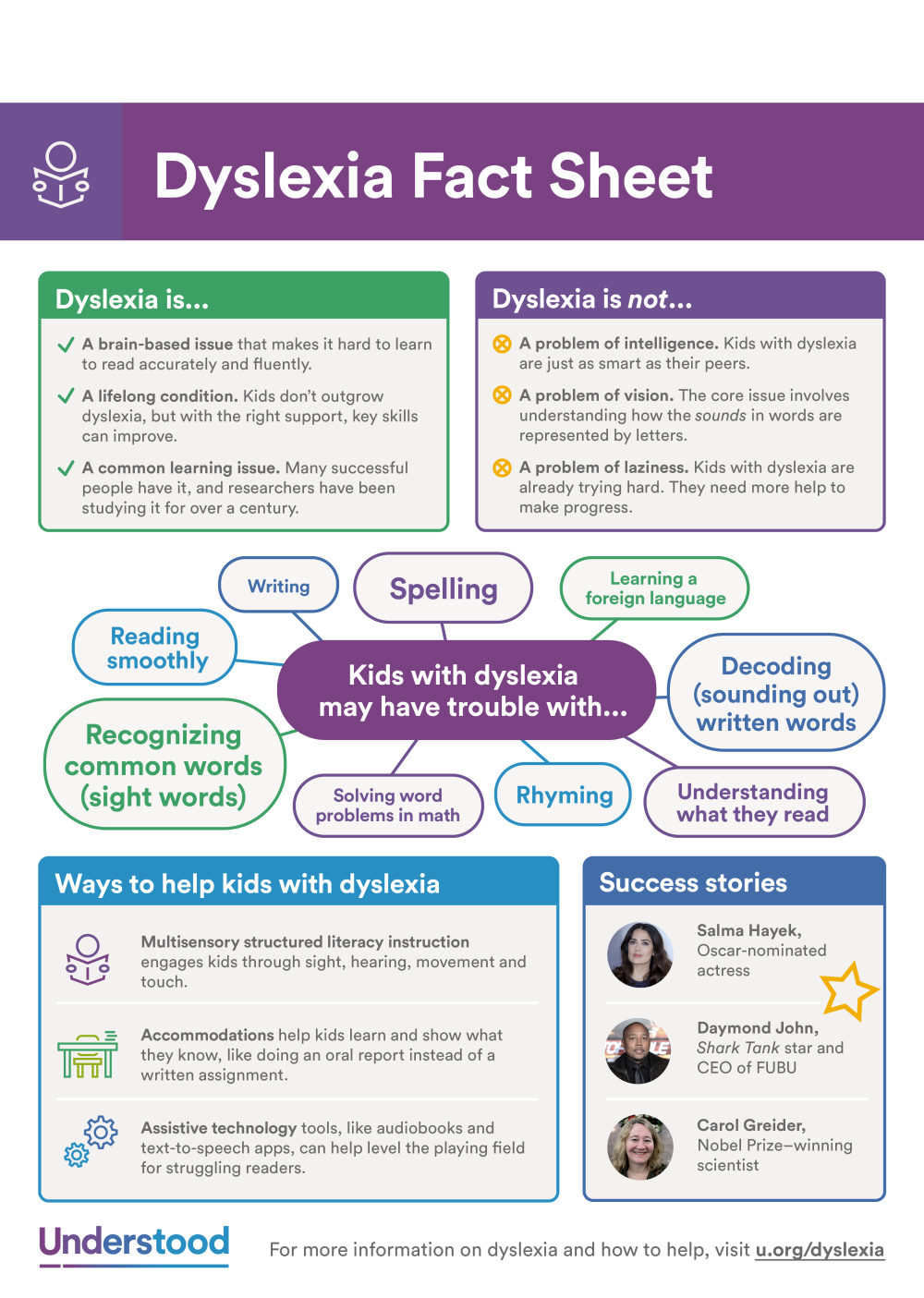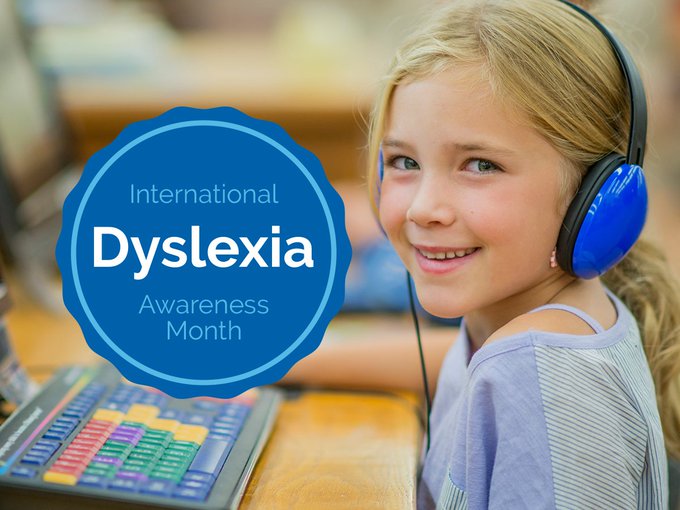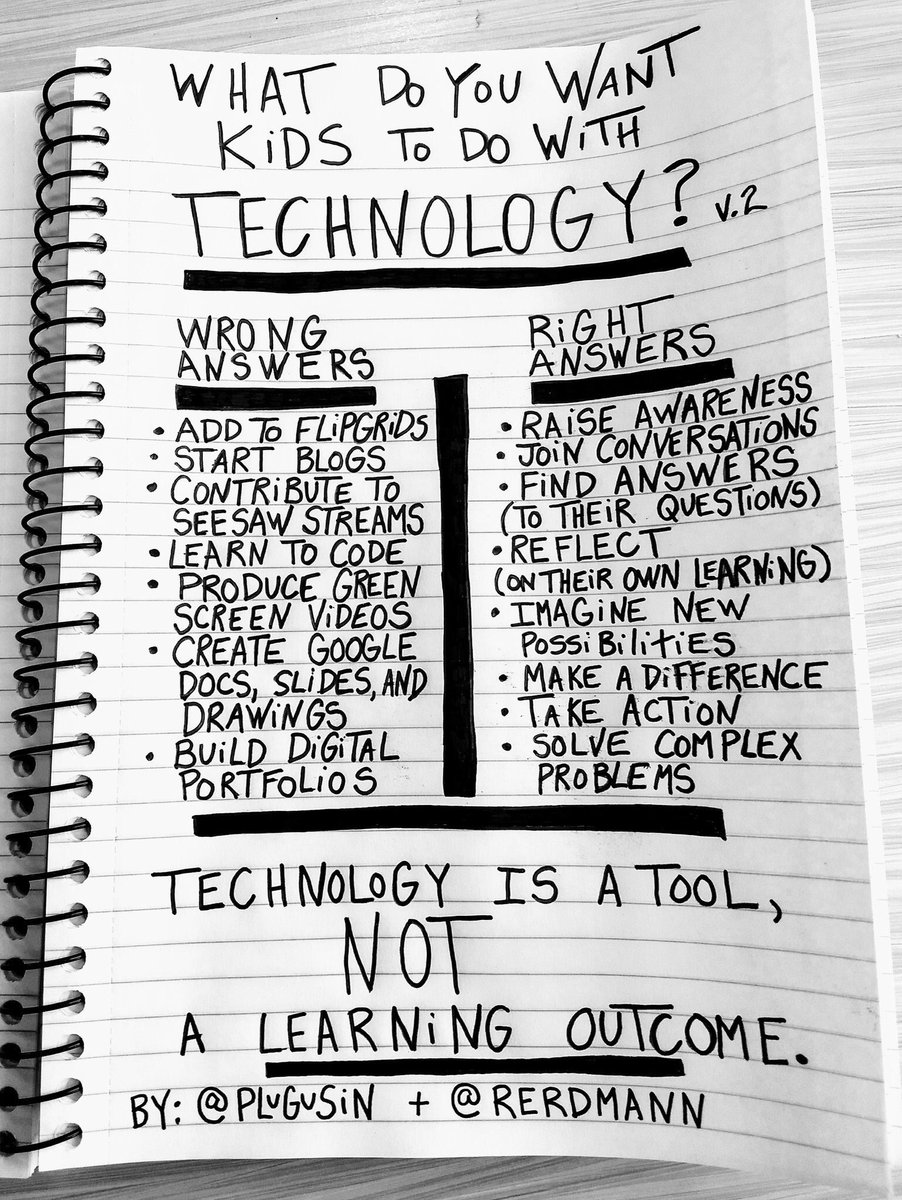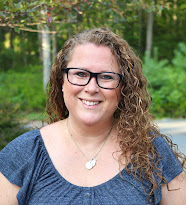 In this hour-long-webinar-on-demand, learn the most popular and effective technology tools for students with ADHD, with Janet DeSenzo.
In this hour-long-webinar-on-demand, learn the most popular and effective technology tools for students with ADHD, with Janet DeSenzo.
Students don’t learn material that fails to engage them. Kids, especially those with unreliable attention and focus, lose interest quickly if the curriculum feels inaccessible and intangible. Many schools today are responding by using technology tools and the Universal Design for Learning approach.
Here, learn about the most popular and effective technology tools for students with ADHD and learning disabilities. Geared for educators, parents, and clinical professionals, this webinar will explain how to maximize students’ learning through the use of apps and tools for Chromebooks, iPads, Windows, and Macs. Teachers will also pick up lesson plans and strategies for incorporating technology into their UDL classrooms, and learn why educators are shifting the focus from accommodating students with ADHD to creating a more accessible, engaging curriculum.
In this webinar, you will learn about:
- Great Chrome apps and extensions for helping differently wired students
- iPads apps designed to maximize your child’s learning, plus the many tools built into the iOS operating system
- Tools offered by Microsoft that can assist with organization and productivity
- How to set up a Universal Design for Learning classroom, and how it supports all types of learners
Play this free webinar and download the slide presentation of "Apps, Extensions, and Tech Tools for ADHD Brains: A Learning Guide," plus get more strategies from ADDitude via email.
Meet the Expert Speaker:
Janet DeSenzo has been working in the field of assistive technology for more than 15 years. She started working with college students at the university level, assisting students with disabilities as the coordinator of Disability Services at a state university in New Jersey. From there, she started her own educational consulting company,
JanTech Educational Services, which she still owns and operates. Janet is currently an assistive technology specialist and technology integration specialist in the
Vernon Township School District of NJ. There, she helps find technology solutions for students with special needs and assists teachers with integrating technology into their everyday lessons.




